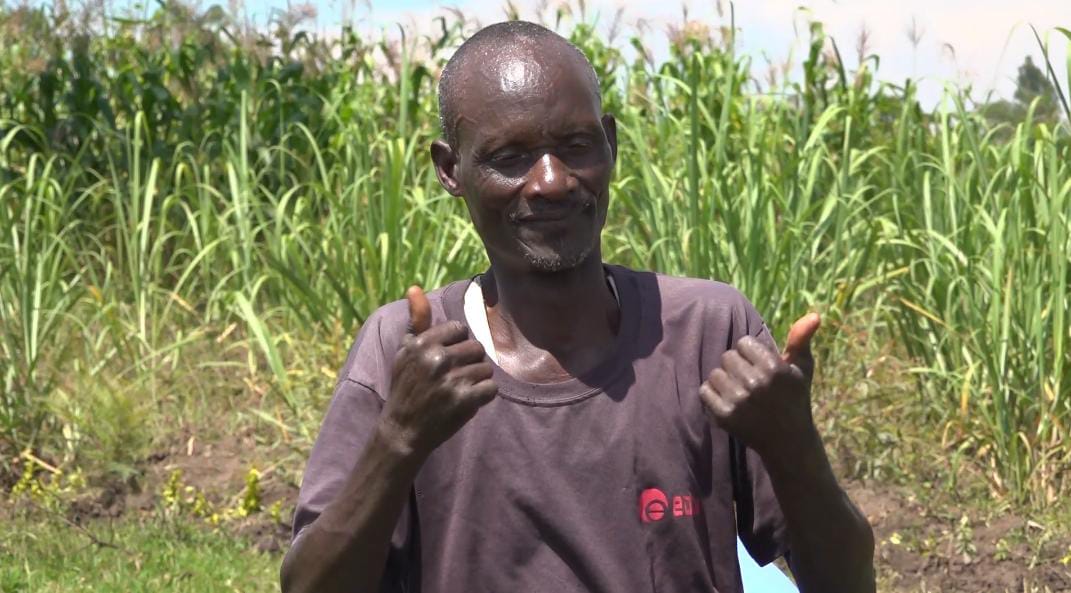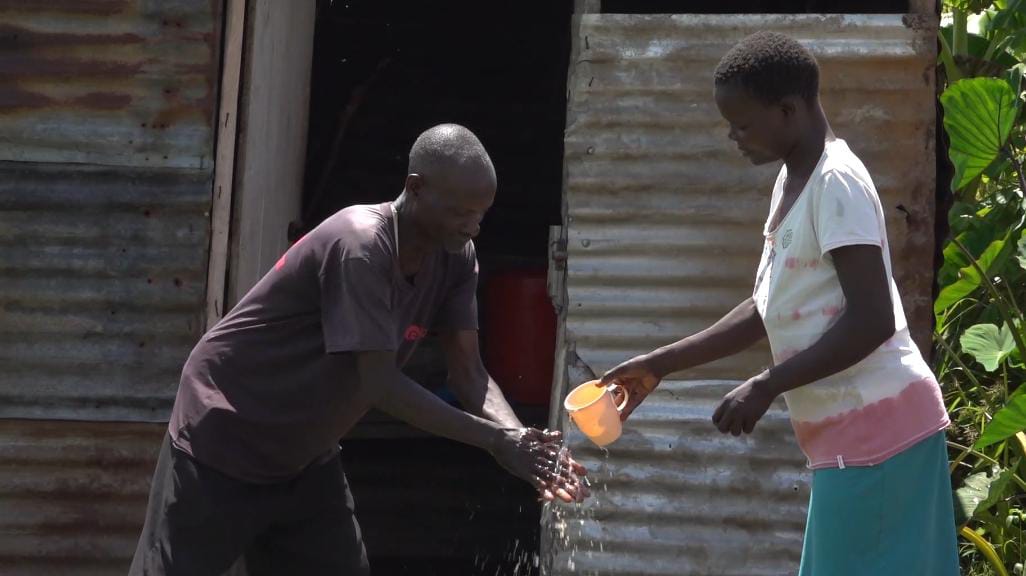- The theme for this year’s World AIDS Day, “My Health, My Right,” highlights the crucial importance of equitable access to healthcare and the empowerment of individuals living with HIV to take charge of their health.
People living with disability face double discrimination, one against their physical or sensory limitations, and another rooted in the misconceptions about the HIV virus.
As the world marks World AIDS Day, it is crucial to address the intersection of disability and HIV stigma for those navigating a world already filled with barriers hindering equitable access to healthcare.
The theme for this year’s World AIDS Day, “My Health, My Right,” highlights the crucial importance of equitable access to healthcare and the empowerment of individuals living with HIV to take charge of their health.
It underscores the need for dismantling barriers that hinder access to treatment, education, and support, while advocating for the dignity and rights of those affected to lead fulfilling lives.
Deep within the thickets of Karading’ village in Ndhiwa Sub County, Homa Bay County, lies the poignant story of Charles Ligala, a 40 year old man living with HIV and navigating life with hearing impairment.
Read More

His journey, once anchored in love, took a devastating turn when his first wife passed away, leaving him heartbroken yet determined to honor the role he believed God had given him, procreation.
But fate dealt him a cruel blow. In his second marriage, the promise of companionship was shattered when his wife not only infected him with HIV but also abandoned him, eloping to another man.
For Charles, this betrayal marked the beginning of an uphill battle against both the virus and the stigma that shadowed his every step.
Charles endured months of relentless sickness, his body withering as his weakened joints struggled to bear his frail frame.
Desperation finally drove him to seek medical attention, and the diagnosis shattered his world. He was HIV-positive, alone, and hearing-impaired, the weight of his reality was almost unbearable.
"I lost my first wife at a young age and couldn’t live as a bachelor. I needed to build my lineage, so I sought a second wife not knowing she was infected," Charles shared through his interpreter Antonine Atieno, his face heavy with emotion. "The diagnosis devastated me. I was weak, barely breathing, and felt like I was living my final moments."
For 11 years accessing regular antiretroviral therapy has been nothing short of searching for a needle in a haystack for Charles, as a language barrier creates a chasm between him and the healthcare he desperately needs.
Every hospital visit becomes an overwhelming struggle for Charles, where his voice, already confined by his hearing impairment, gets lost in the deafening silence of misunderstanding.
Without an interpreter to translate his needs, every attempt to communicate with doctors feels like shouting into an empty void.
His inability to articulate his symptoms or concerns leaves him feeling invisible, as if his struggles are slipping through the cracks of a system that wasn’t built for someone like him.
It is a silence that carries the weight of his pain, his frustration, and his yearning for proper care, yet no one can hear it, and no one can respond.
Without an interpreter at the hospital, expressing his symptoms and needs to doctors has become a near-impossible task. In a bid to bridge the gap, the doctors resorted to writing down his issues, but Charles’ inability to read or write fluently rendered this effort futile.
"Communication with healthcare providers has been my greatest struggle in getting proper antiretroviral therapy," Charles lamented through his interpreter. "We rely on writing, but I can barely understand because I never went to school. The doctors try their best, but without an interpreter, their efforts have been in vain."
In his quest to be heard and understood, Charles married a third wife, Carolyne Achieng, who, though HIV-negative, shares his hearing impairment.
Carolyne became not only his caregiver but also his bridge to the outside world, as she can read and write, helping to communicate with doctors and ensure Charles receives the care he needs.
With tears streaming down his face, Charles paused, his chest heaving as he struggled to find ways to express his pain. The sense of betrayal was evident in his trembling fingers as he shared about how the government had turned its back on him and his deaf community.
Stripped of the basic right to accessible healthcare, they are left to navigate a broken system, their pleas for help drowned in silence. Living with HIV only deepened their suffering, as they became not just survivors of the virus but also victims of relentless stigma and neglect.
“The government has failed to consider my interests as a person living with a disability," he shared through his interpreter, his frustration raw. "Its failure to even hire an interpreter at the local health facility, despite us being part of this society, deprives us of our fundamental right to health."
Charles’s story sheds light on the harrowing realities faced by those who stand at the crossroads of disability, chronic illness, systemic neglect and their daily fight for dignity in a world that so often turns a blind eye.
His pain is a stark reminder of the countless lives silenced by barriers that deny them care and compassion. It is a cry for justice, for inclusive healthcare that doesn’t just see their conditions but values their humanity.
Charles’s journey underscores an urgent, undeniable truth: no one should be left to suffer in silence, forgotten by the systems meant to protect them.










